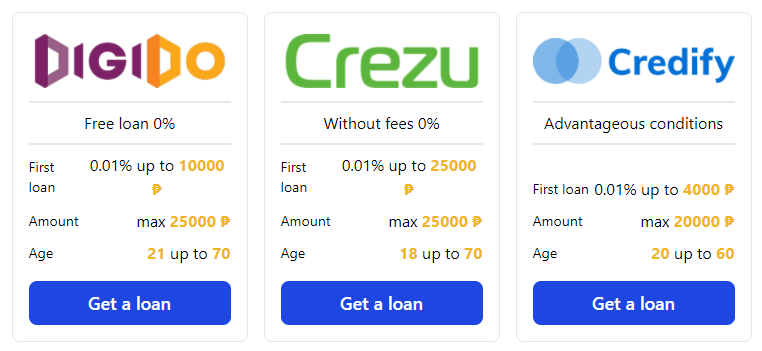Online lending has gained significant popularity in recent years due to its convenience and accessibility. However, as with any financial service, the legality of online lending in a particular country is a crucial concern for both lenders and borrowers. This article aims to address the question: Is online lending legal in the Philippines?
In the Philippines, online lending is legal and regulated by the Securities and Exchange Commission (SEC). The SEC oversees all lending activities and requires online lenders to obtain the necessary licenses and permits before operating in the country. These licenses and permits serve as a safeguard for borrowers, ensuring that they are protected against unscrupulous lending practices.
One of the benefits of online lending is that it provides access to credit for individuals who may not have access to traditional bank loans. However, it is important to note that online lending in the Philippines is subject to certain restrictions. For example, lenders are prohibited from charging interest rates that exceed the maximum allowed by law. Additionally, lenders are required to provide clear and transparent terms and conditions to borrowers.
To ensure that borrowers are fully informed of the terms and conditions of the loan, online lenders in the Philippines are required to disclose the annual percentage rate (APR) of the loan. The APR is a standard measure of the cost of credit and includes all fees and charges associated with the loan.
In conclusion, online lending is legal in the Philippines and regulated by the SEC. While online lending provides a convenient option for borrowers, it is important to exercise caution and fully understand the terms and conditions of the loan before agreeing to any financial arrangement. By doing so, borrowers can make informed decisions and avoid falling prey to unscrupulous lending practices.
